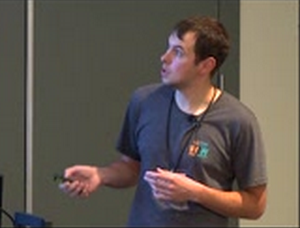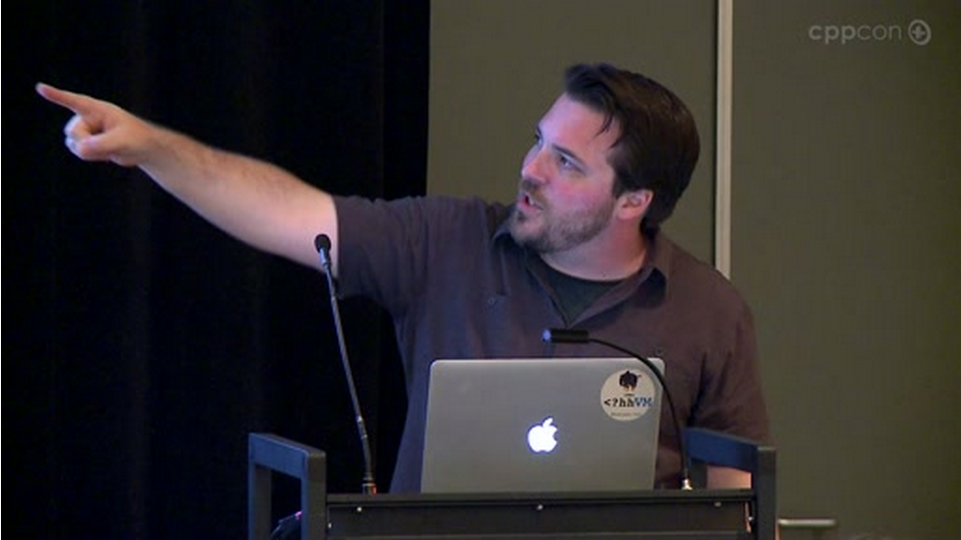C++17 Library Papers for Cologne
The first part of a mini series about the Library Papers for the LWG Meeting in Cologne:
C++17 Library Papers for Cologne
by Jens Weller
From the article:
Last fall I did the last series about the Standardization papers for C++. I didn't had the time to finish the last part for the Library subgroup, as Meeting C++ 2014 was getting close too. I'll be attending the next meeting of the Library Working Group in Cologne, which is just a few days away, so I'll do a miniseries for the LWG papers...

 While we wait for CppCon 2015 in September, we’re featuring videos of some of the 100+ talks from CppCon 2014. Here is today’s feature:
While we wait for CppCon 2015 in September, we’re featuring videos of some of the 100+ talks from CppCon 2014. Here is today’s feature: While we wait for CppCon 2015 in September, we’re featuring videos of some of the 100+ talks from CppCon 2014. Here is today’s feature:
While we wait for CppCon 2015 in September, we’re featuring videos of some of the 100+ talks from CppCon 2014. Here is today’s feature: